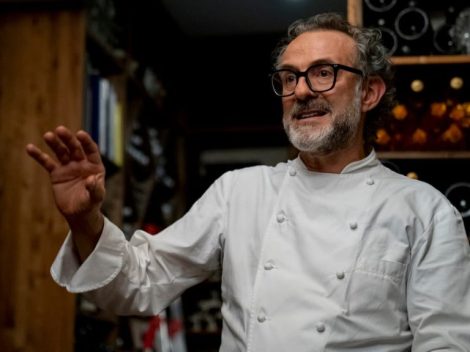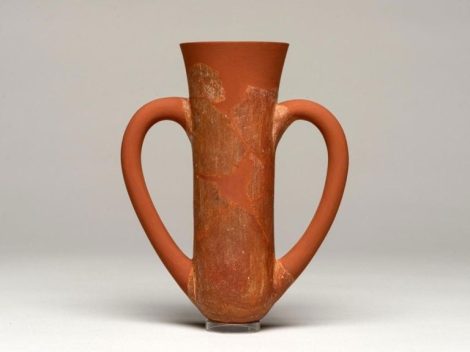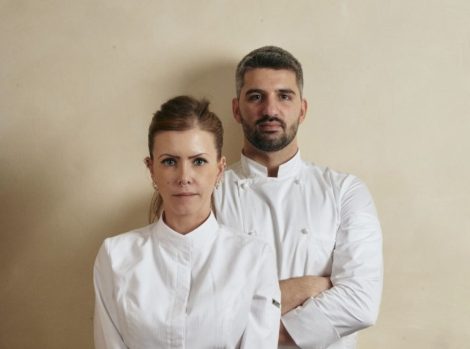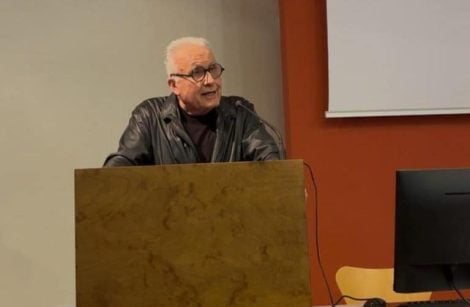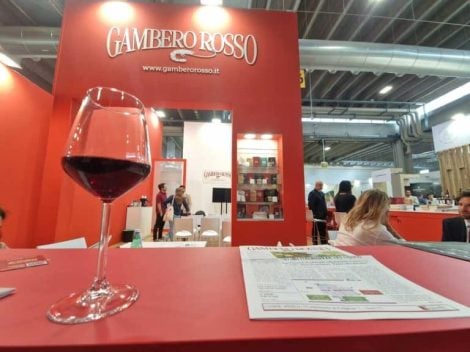“In the wine world, women are much more determined because they have a sense of needing to prove themselves in a predominantly male industry,” says Camilla Rossi-Chauvenet, a young winemaker from Veneto, with genuine emotion. She recently celebrated winning Gambero Rosso’s Tre Bicchieri award with her Zacinto ’23 from Masseria Cuturi, an intense, subtle Negroamaro that almost reflects her own personality. “I won’t deny my surprise at the award, especially for a Negroamaro.” But Camilla’s ambitions go beyond recognition: hers is a lifelong project embracing the revival of a region and a gentle but firm push to reshape the image of Puglia’s wine industry.
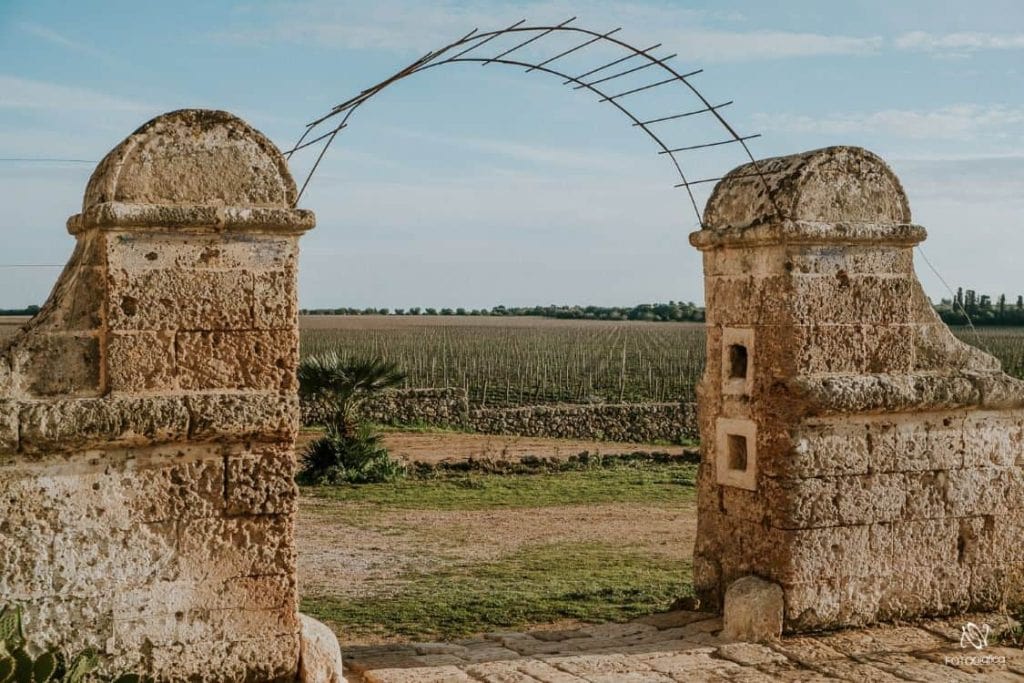
The story of Masseria Cuturi
Camilla’s journey with her Salento estate began far from Puglia, in Veneto. With no family tradition in wine, Rossi-Chauvenet’s path started almost by chance in Valpolicella. “I come from a family of non-drinkers,” she explains, “but we had this estate in Valpolicella selling grapes to other wineries. At 18, I enrolled in a sommelier course and realized: wine was my calling.” From that moment on, she never looked back, studying agronomy in Padua, going on an Erasmus exchange in Madrid, and training in France before returning to Italy with a clear purpose. “In 2003, we bottled our first thousand bottles. It was difficult initially to find a team, but over time we reached 100,000 bottles.”
In 2008, after some years working with her family winery in Veneto, Camilla fell in love with Salento’s sun-drenched landscapes and the historic Masseria Cuturi, a 300-hectare property with vineyards and centuries-old olive trees in Manduria. “The estate was up for auction. It had a rich history and enormous potential, so we decided to revive it, replanting vineyards and restoring a unique landscape.” Camilla and her family invested in the estate, launching a sustainable, organic project to respect the Conca d’Oro, a fertile plot irrigated by the Chidro River, extending between the Masseria and the sea. Importantly, they took care of land that had been completely neglected, yet held the history of Salento’s first Primitivo vines. Within the Masseria, in 1881, the nobleman Tommaso Schiavoni Tafuri planted the first Primitivo vines in the area after marrying Countess Sabini of Altamura, who brought these cuttings as part of her dowry.
A challenge in Puglia
Bringing innovation to a traditional setting hasn’t been easy. Camilla, a Venetian transplant to Salento, set out to showcase the authentic character of local grape varieties with a modern and cleaner approach. “In Puglia, wines tend to have residual sugar and high alcohol levels. With Zacinto, we aimed for a pure expression, without embellishments, using steel fermentation.”
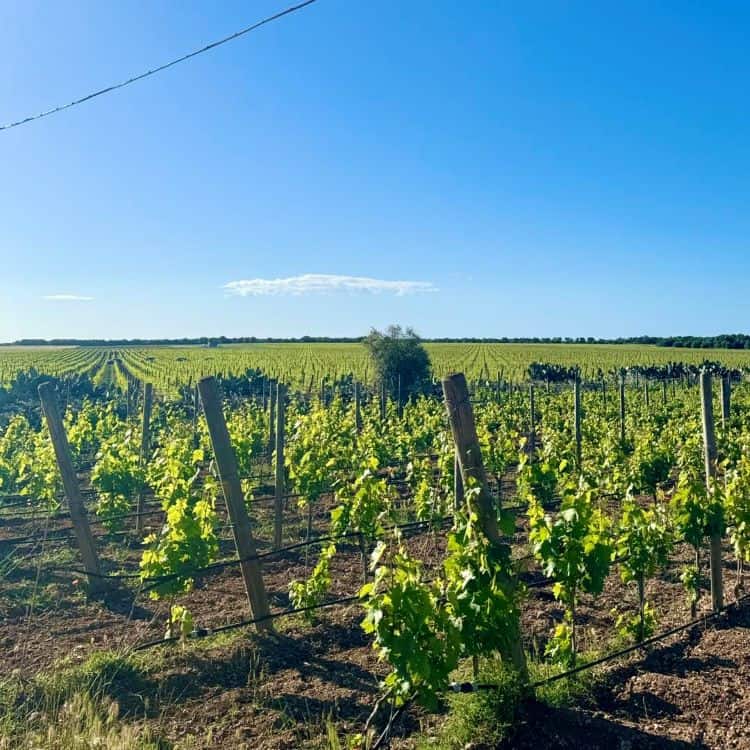
In a region often looking outward for inspiration, Camilla prefers to focus on local values. “It’s absurd that Puglia looks outside for validation when it already has so much to offer. Puglia’s produce has a unique strength,” she asserts. For her, this means rediscovering an ancient tradition using modern agricultural tools and digital mechanization.
Being a woman in a man’s world of wine
Behind Camilla’s success lies a personal journey marked by courage and persistence. “My family gave me a free hand,” she says, but as a young entrepreneur, she’s faced many challenges: “A woman in wine is often relegated to marketing, while decision-making is left to men. It’s a world where women have to fight harder to be taken seriously.” Camilla found support and inspiration from women who, like her, challenged conventions, such as Marinella Camerani and Elisabetta Foradori. “It’s important for women to band together to face a sector that still sees us as exceptions.” Both her Veneto winery, Massimago, and Masseria Cuturi in Puglia have cultivated a women-focused approach, with young women active in all roles, from sales to production, proving that talent has a place even in traditionally male domains.
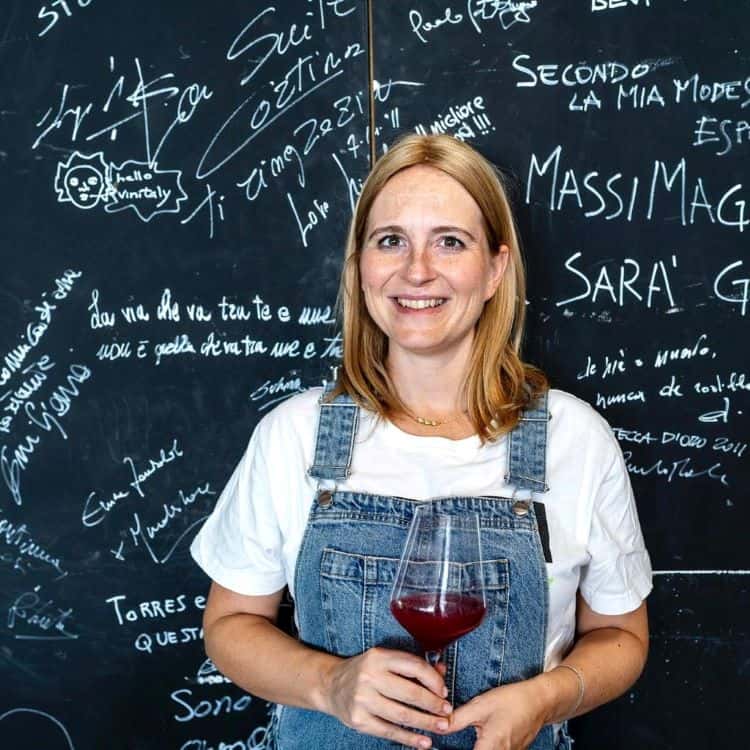
Sustainability and lighter bottles
Camilla has brought not only a new style of winemaking to Puglia but also an alternative philosophy: “We chose lightweight, 400-gram bottles—one of the first decisions we made. In Puglia, heavy bottles are often used to give an impression of premium quality, but a heavier bottle doesn’t mean better wine.” She proudly describes her decision to use Burgundy-style bottles instead of Bordeaux ones, bucking the trend in a region accustomed to following external trends. For her, sustainability is integral to the project, as is enhancing the local area. Masseria Cuturi is within a protected natural park, where Camilla and her team work according to organic farming principles. “We are lucky to have such an extraordinary natural heritage, and we protect it with the utmost respect. I want Cuturi to become an example for the region, a reference point where nature, innovation, and tradition coexist.”
Today, Camilla looks forward to the future of Masseria Cuturi and Puglia’s wine industry, inspired by pioneering producers like Gianfranco Fino. “He showed that Puglia can produce wines of the highest calibre, and I want to contribute to this revival.” Hers is a long-term project, a story that is just beginning but already deeply rooted. “Cuturi is like my parents’ third child,” she says with a smile. “It gives me so much energy and enthusiasm. My mother and father, once non-drinkers, now happily enjoy my wines, and that feels like a huge recognition of what we’ve built.” Her gentle yet determined revolution continues, with much work still to be done in Puglia.

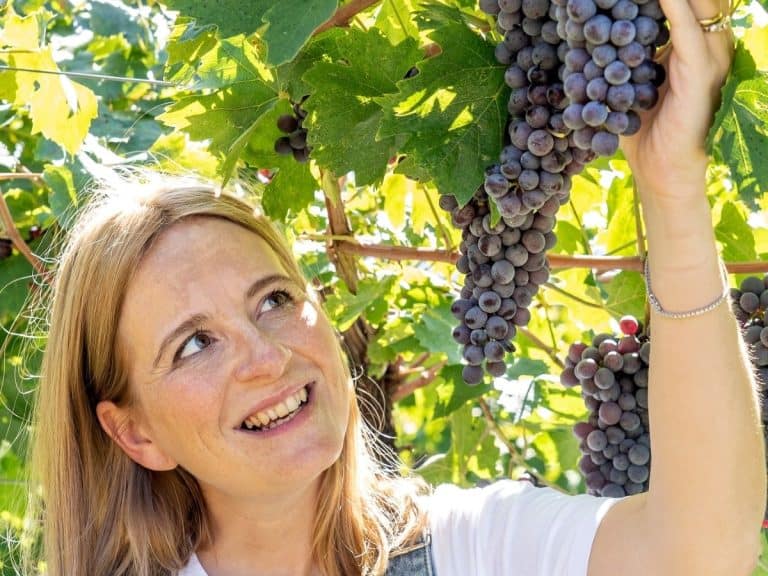
 US tariffs: here are the Italian wines most at risk, from Pinot Grigio to Chianti Classico
US tariffs: here are the Italian wines most at risk, from Pinot Grigio to Chianti Classico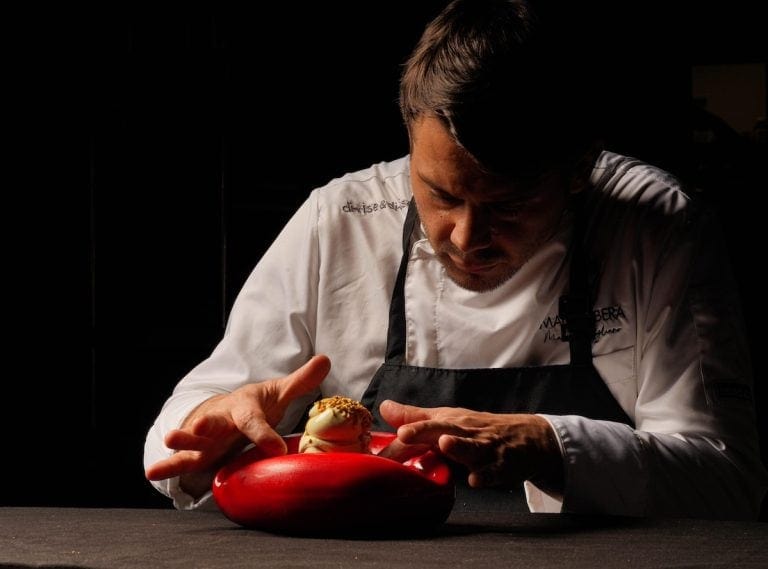 "With U.S. tariffs, buffalo mozzarella will cost almost double. We're ruined." The outburst of an Italian chef in Miami
"With U.S. tariffs, buffalo mozzarella will cost almost double. We're ruined." The outburst of an Italian chef in Miami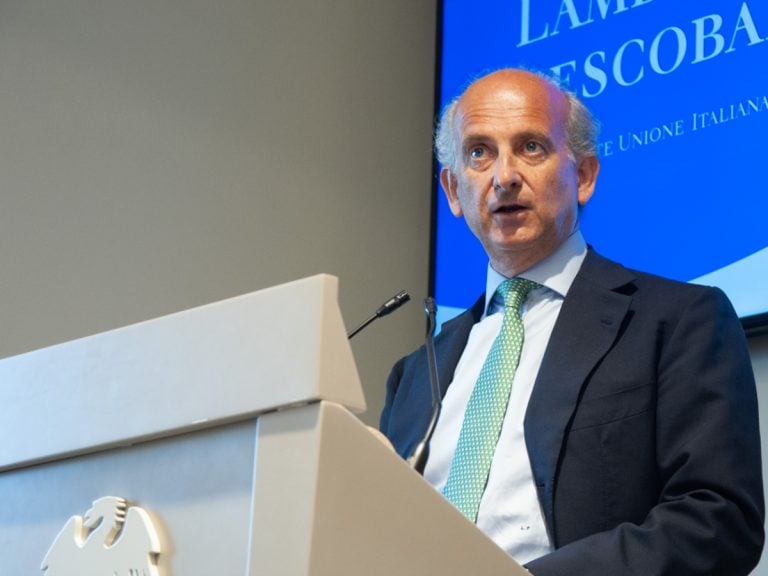 "With US tariffs, extremely high risk for Italian wine: strike deals with buyers immediately to absorb extra costs." UIV’s proposal
"With US tariffs, extremely high risk for Italian wine: strike deals with buyers immediately to absorb extra costs." UIV’s proposal Meloni: "Tariffs? If necessary, there will be consequences. Heavy impact on agri-food sector"
Meloni: "Tariffs? If necessary, there will be consequences. Heavy impact on agri-food sector"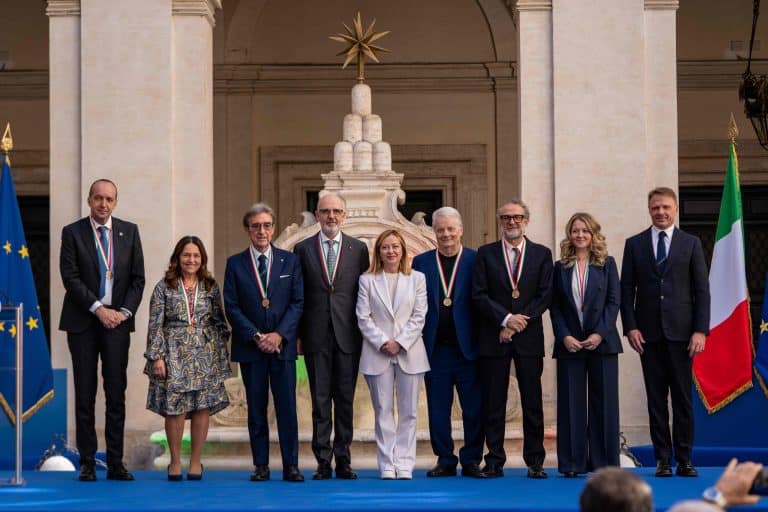 The Government honours the greats of Italian cuisine, from Bottura to Pepe. Massari: "Thank you, Meloni, the only one who listened to us"
The Government honours the greats of Italian cuisine, from Bottura to Pepe. Massari: "Thank you, Meloni, the only one who listened to us"